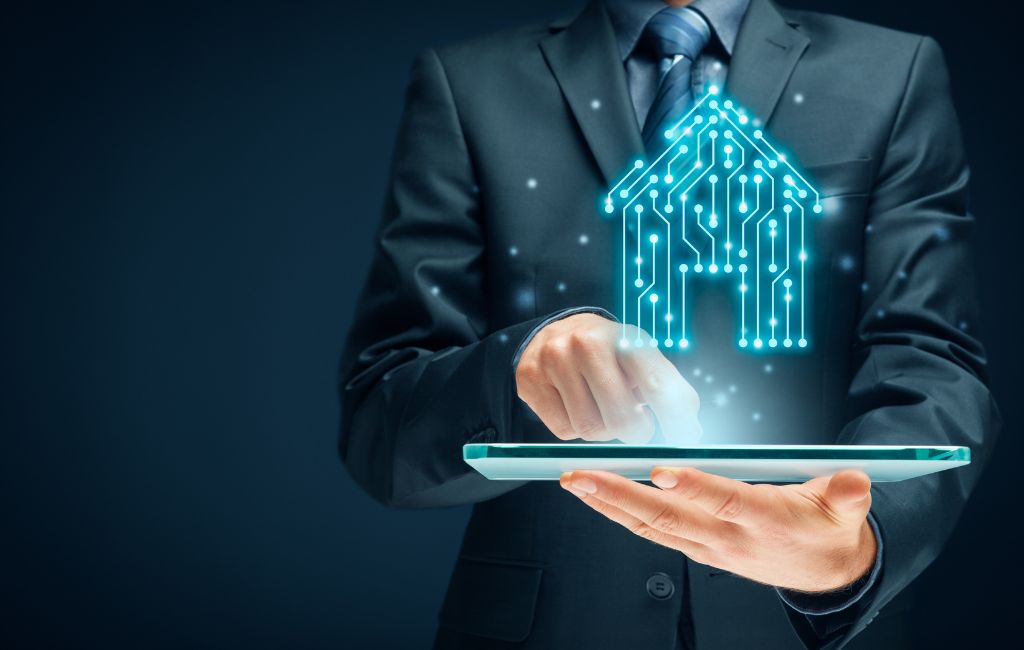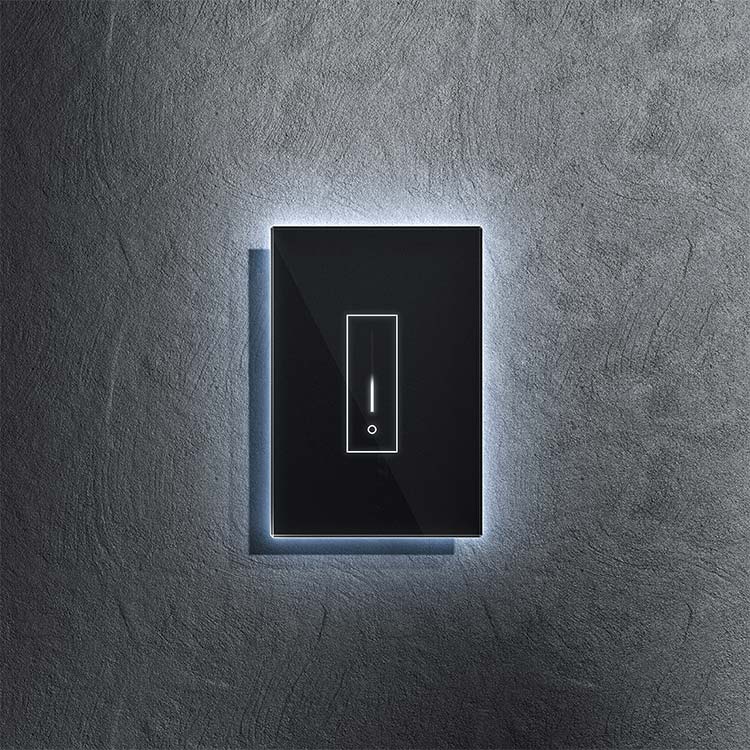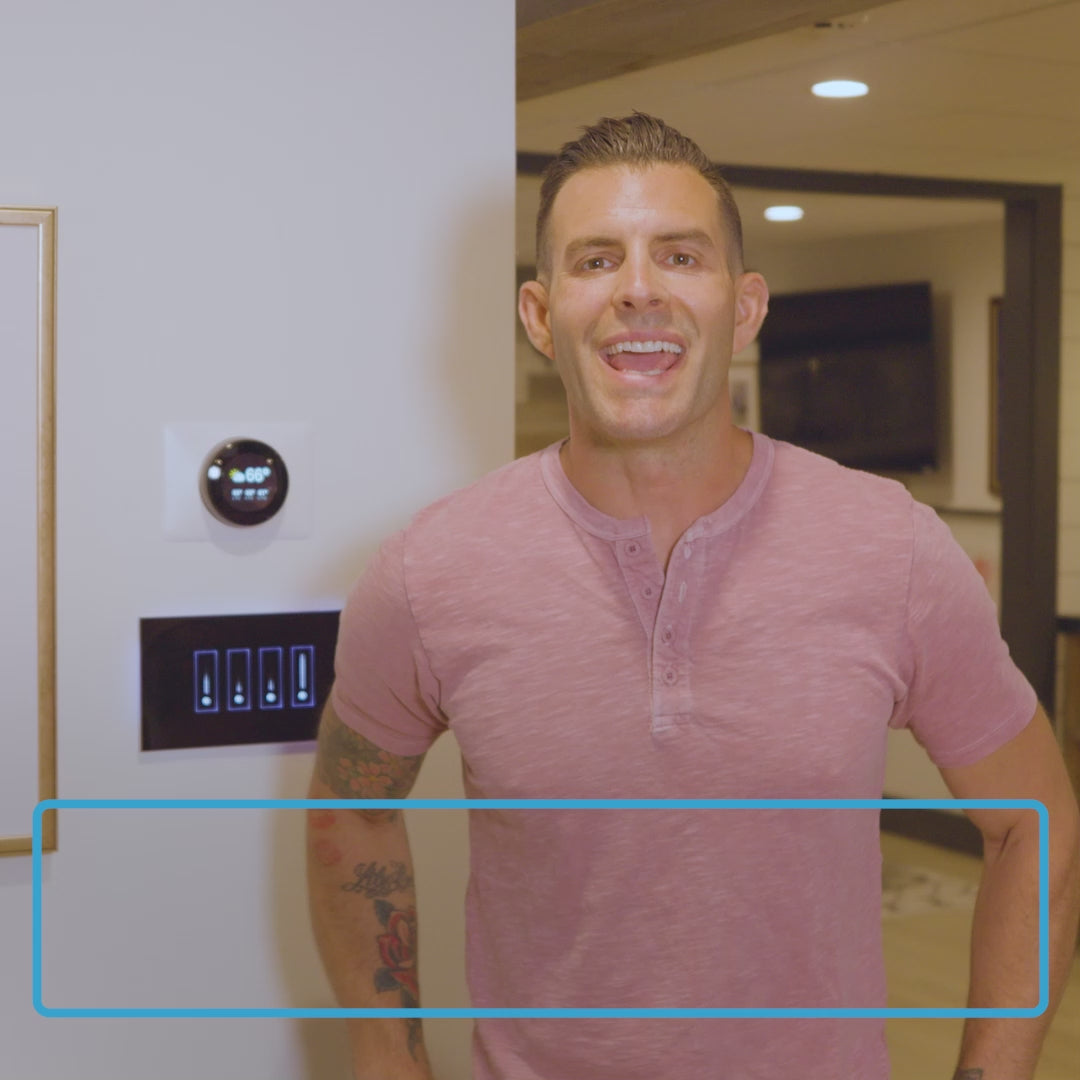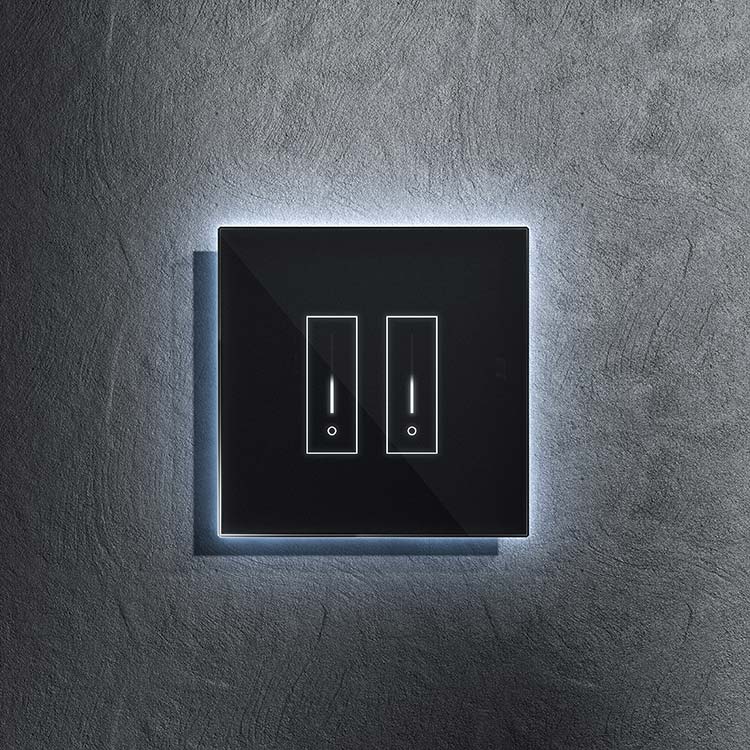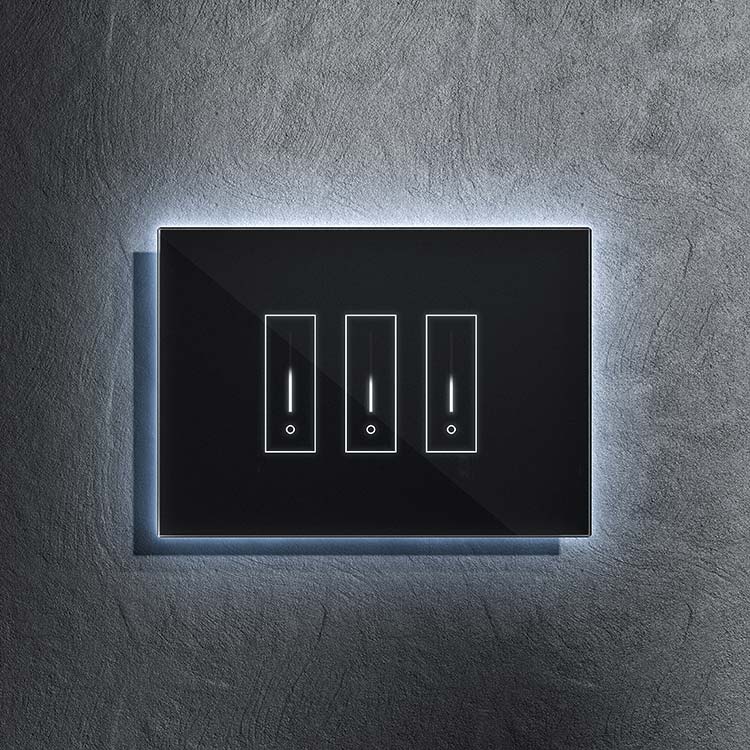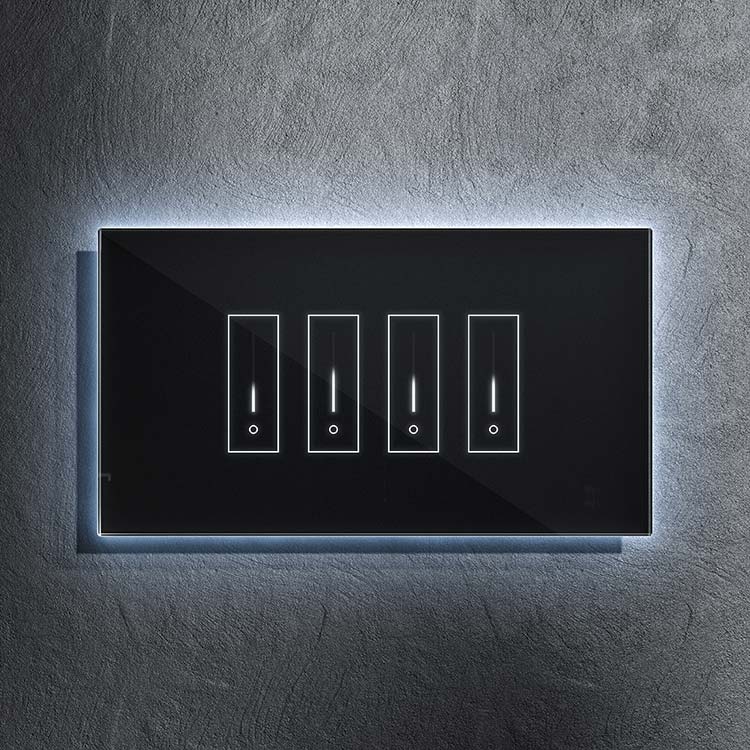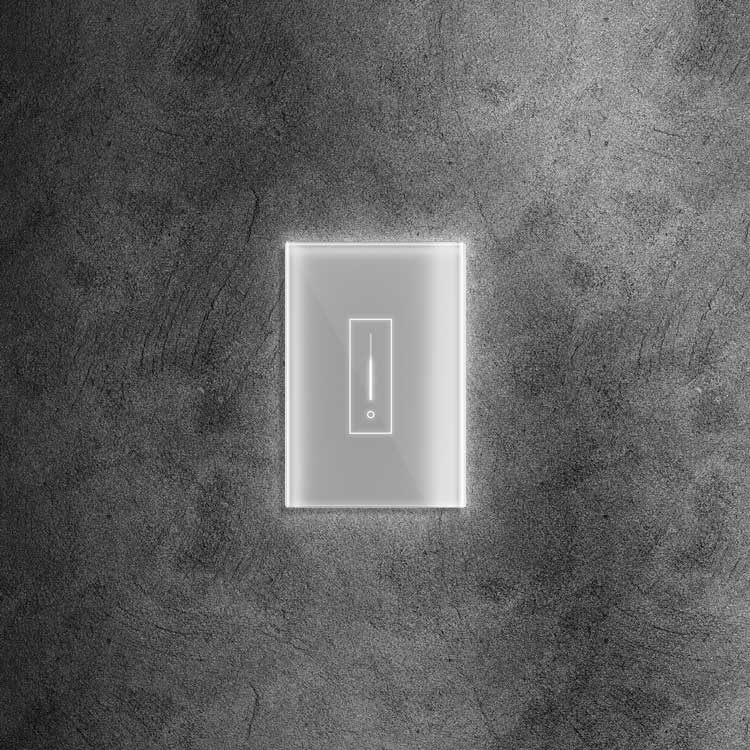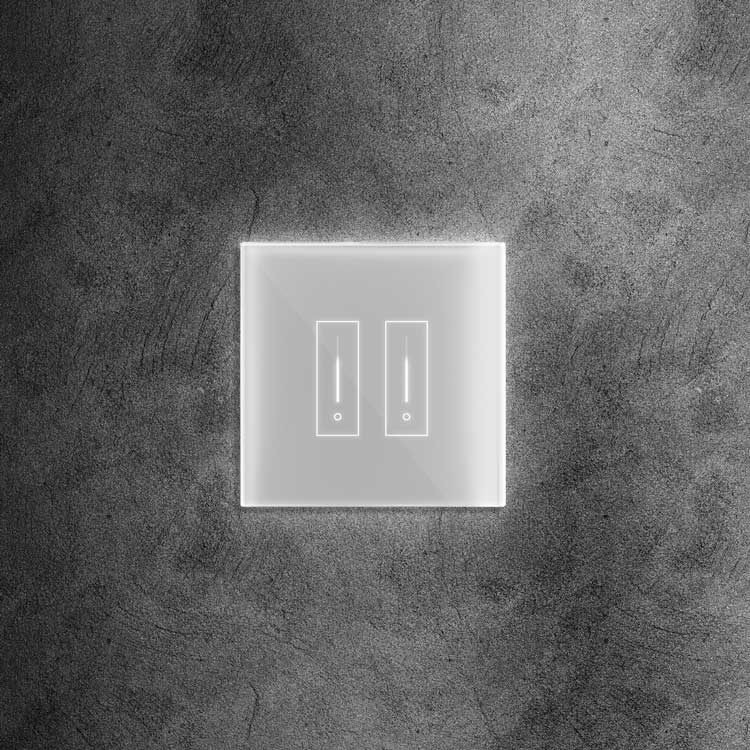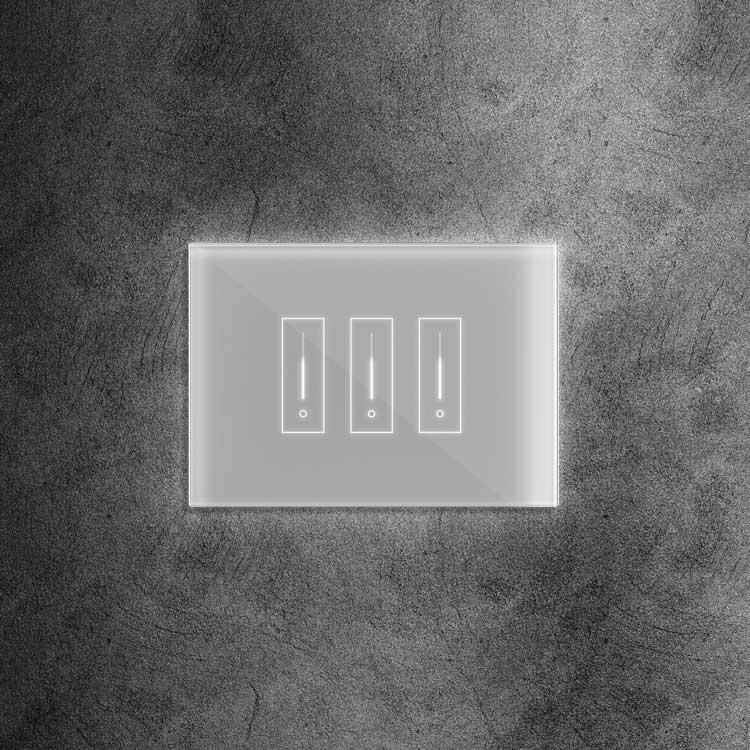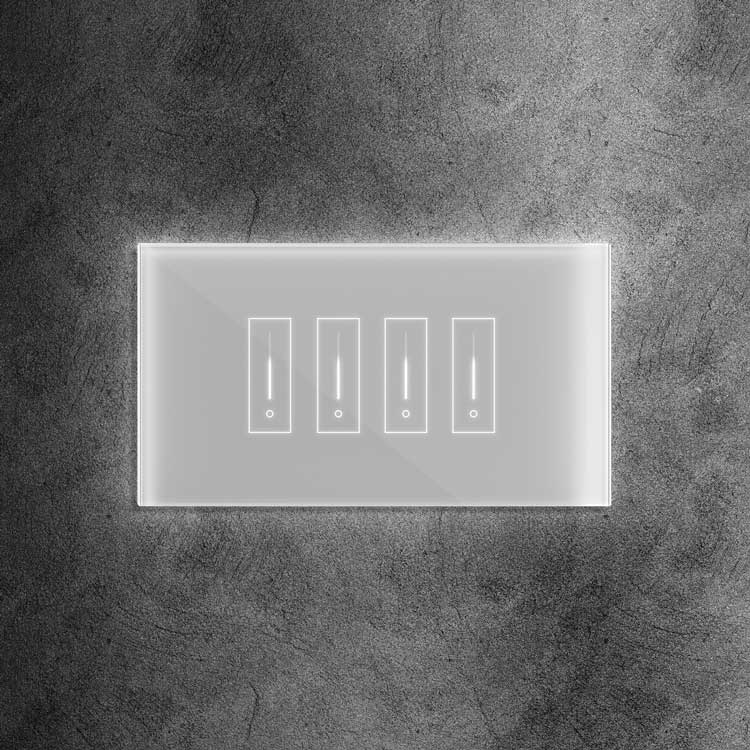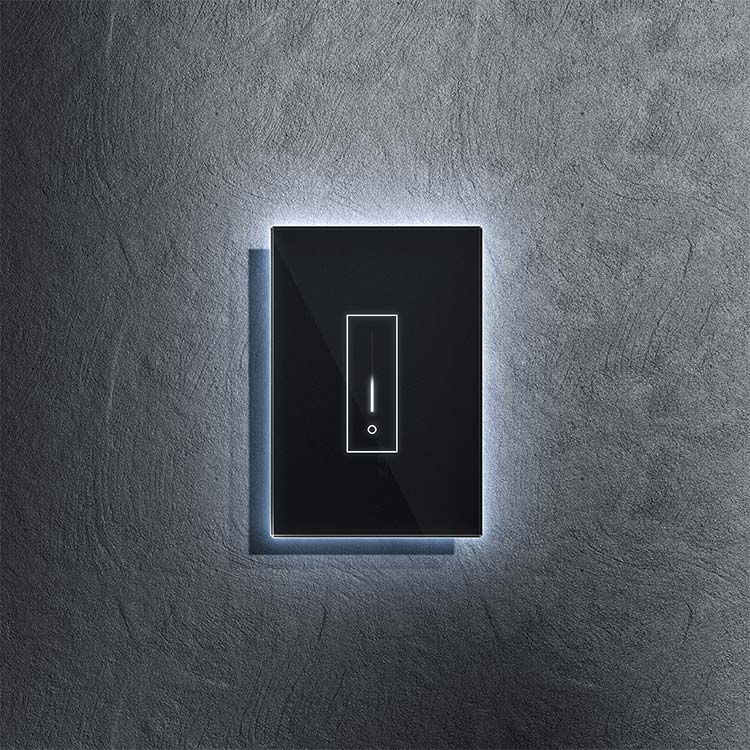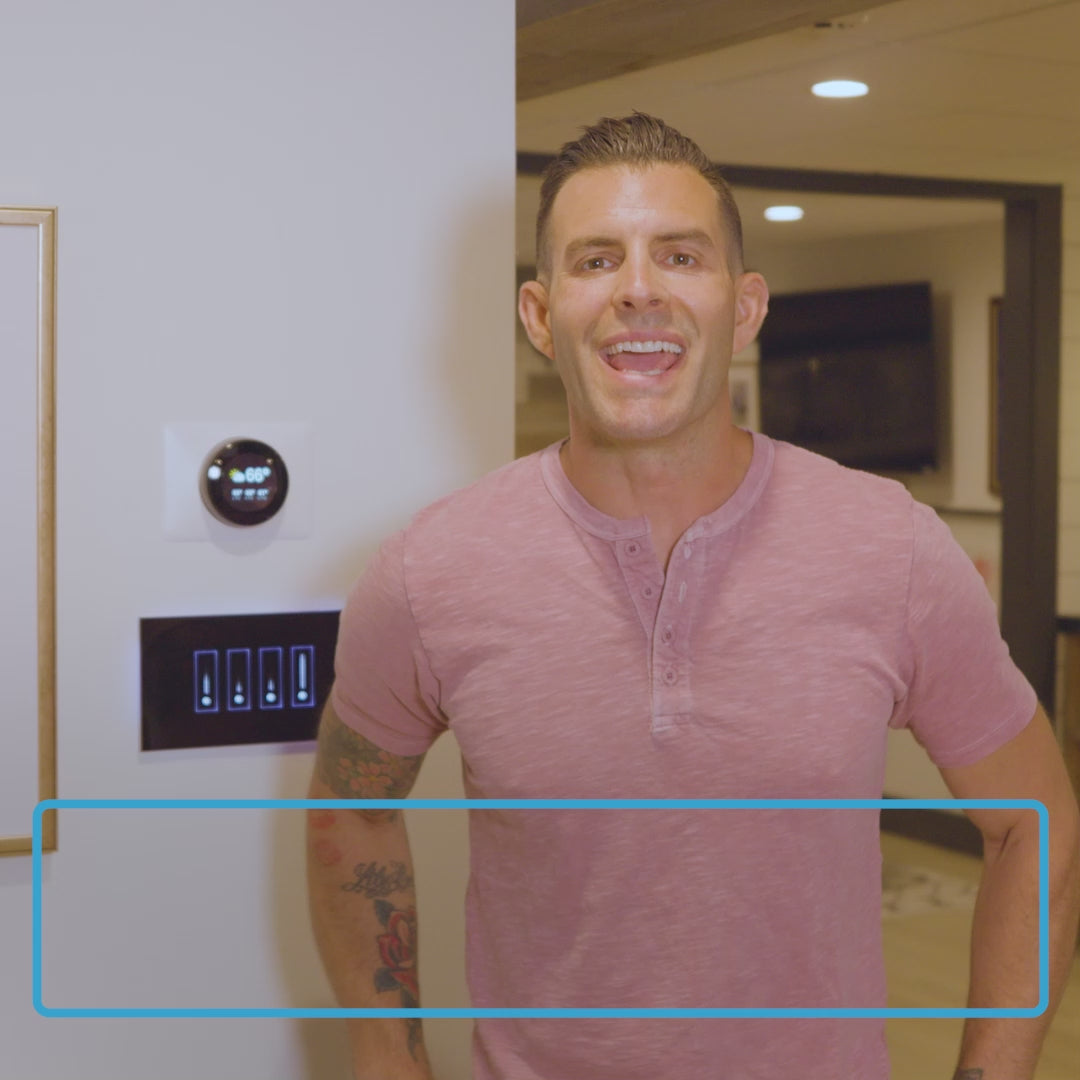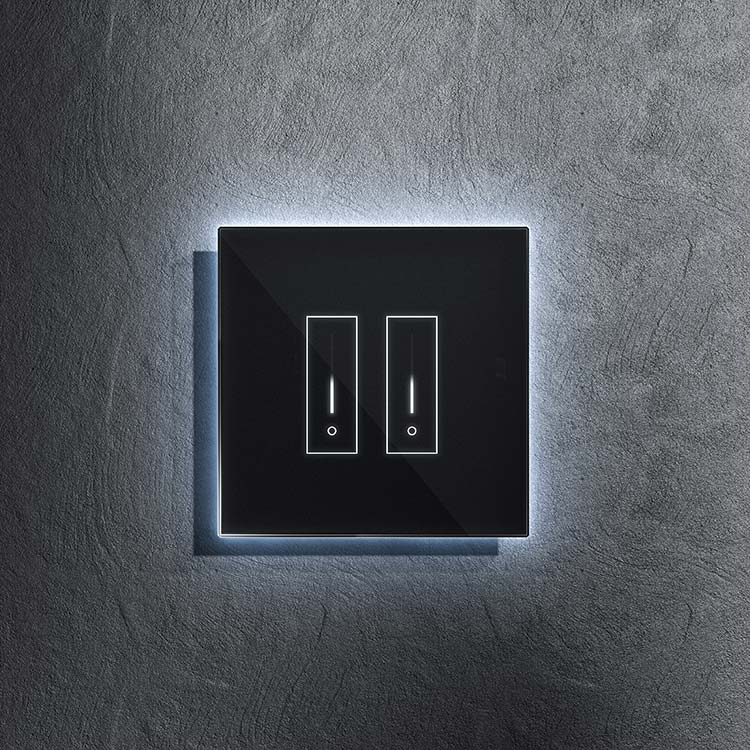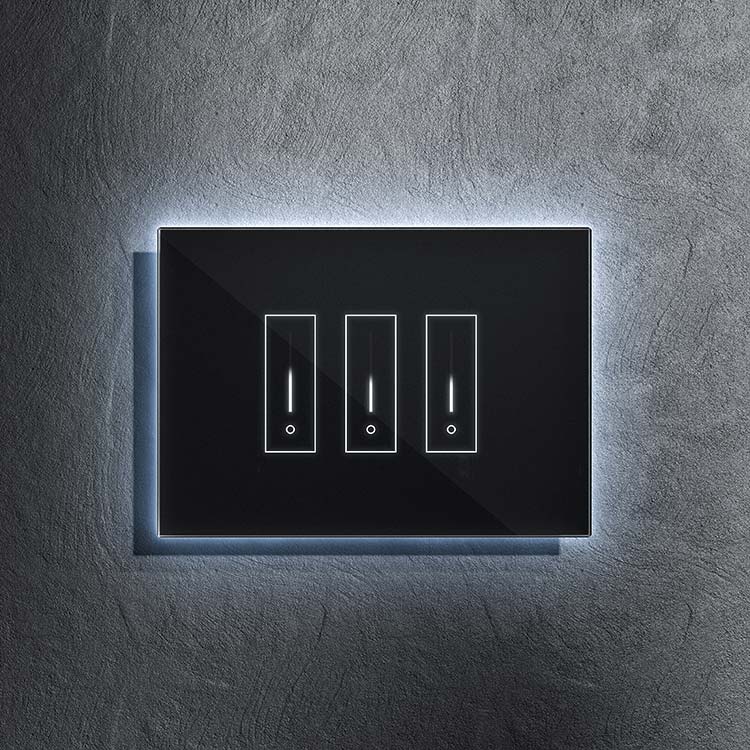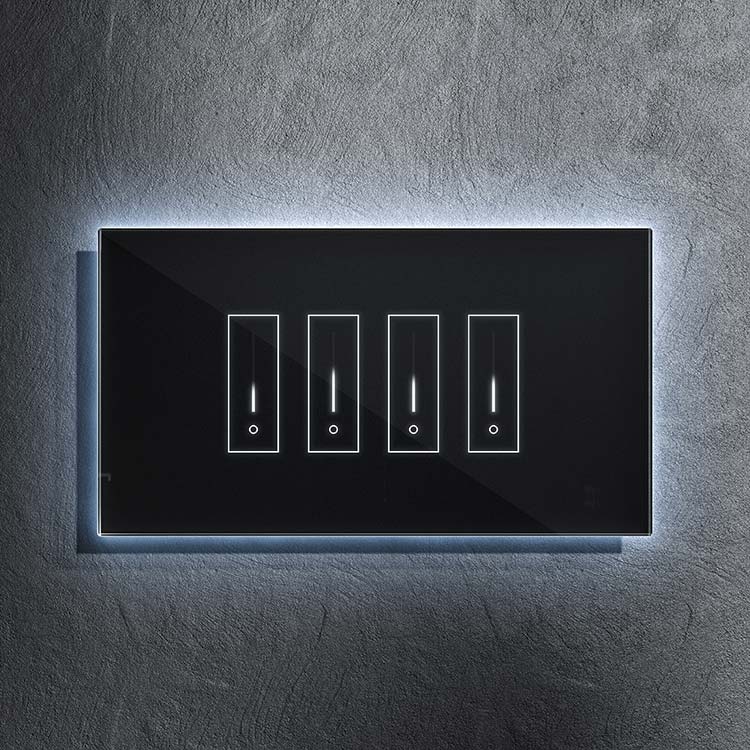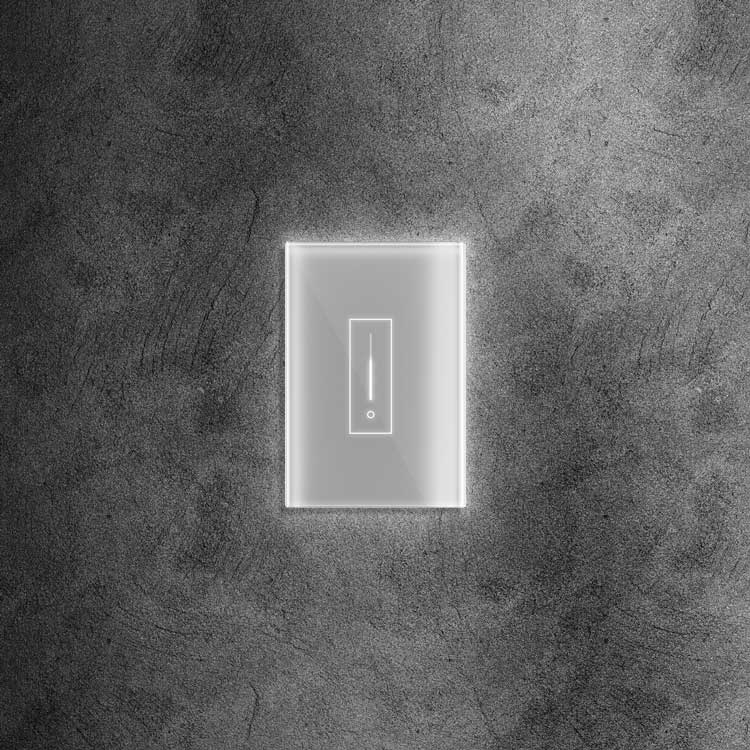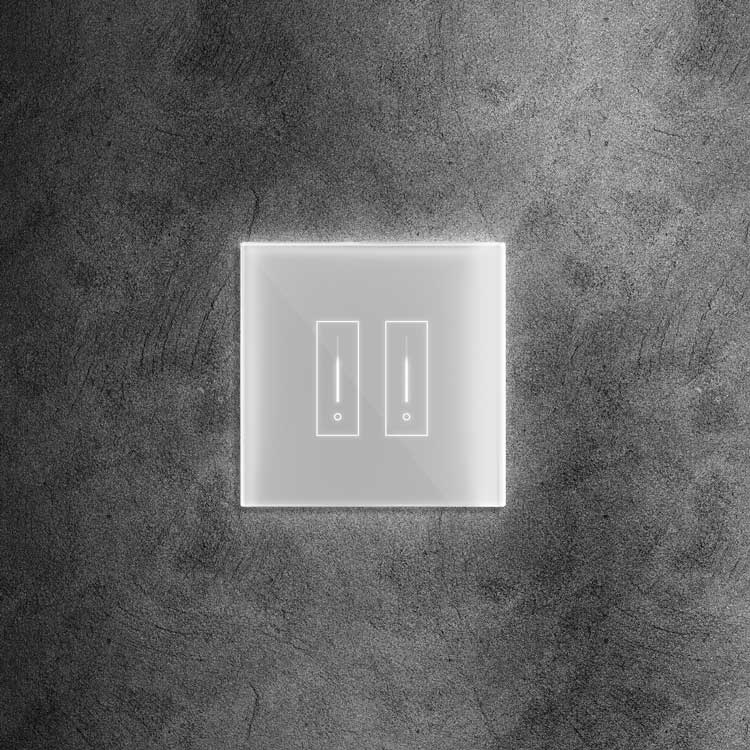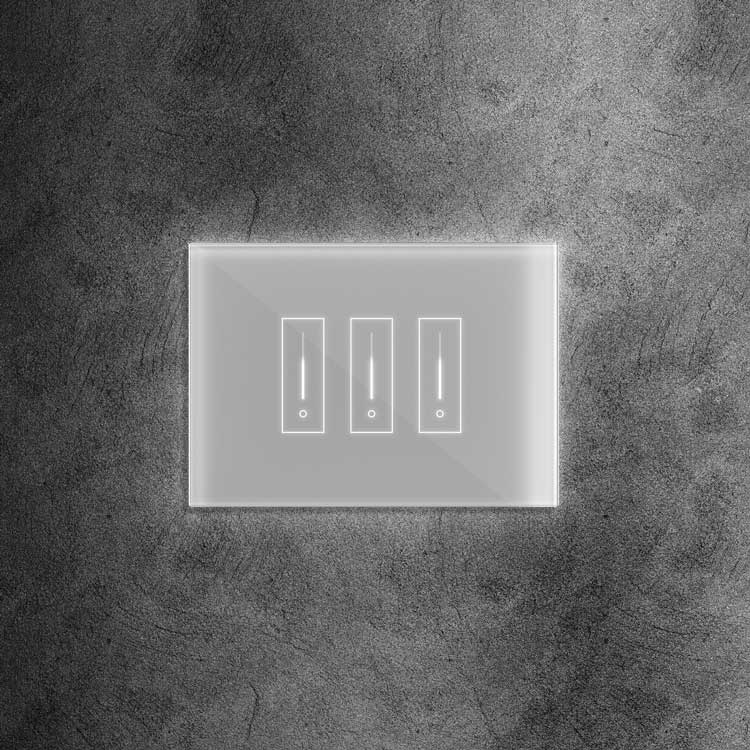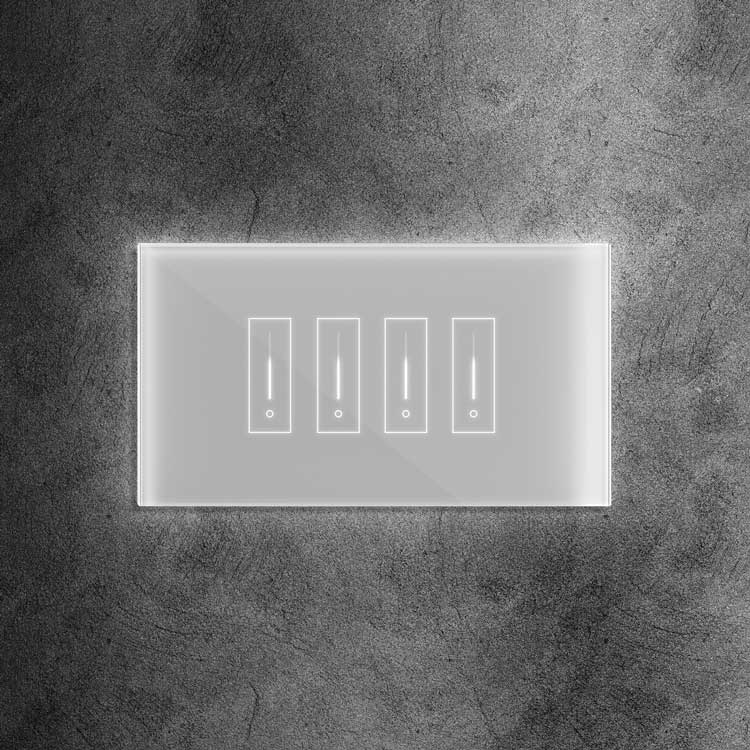It's amazing how quickly technology is advancing in today's world. One area that has seen significant growth and innovation is Home Automation. But what is Home Automation exactly? Home automation is the use of technology to automate and control appliances and systems in the home. This can cover anything from entertainment systems and security cameras to lights and thermostats.
The Basics of Home Automation
The main goals of home automation are to simplify, improve convenience, and increase productivity in our daily lives. Imagine using your smartphone or voice command to lock your doors, adjust the lighting, and adjust the temperature in your house. That's the power of Home Automation.
The technology behind Home Automation typically involves a combination of hardware and software. Smart devices, such as sensors, switches, and cameras, are installed throughout the home. These devices are then connected to a central hub or controller, which communicates with them and allows you to control them remotely.
How Does Home Automation Work?
Home automation's magical interconnectedness is due to its widespread use. Most contemporary home automation systems connect to your smartphone or tablet and each other via Wi-Fi, Bluetooth, or Zigbee.
For example, let's say you have a smart thermostat installed in your home. This thermostat can monitor the temperature inside your house and adjust it automatically based on your preferences. You can also control it remotely through a mobile app, setting the temperature before arriving home.
Similarly, smart lighting systems allow you to turn lights on or off, dim them, or even change their color from your smartphone or voice commands. This adds convenience and can help save energy and reduce your electricity bills.
Benefits of Home Automation
There are numerous benefits to incorporating Home Automation into your home. Here are some of the key advantages:
-
Convenience: One of the most significant benefits of Home Automation is the convenience it offers. Controlling various aspects of your home from a single device or app can save you time and effort.
-
Energy Efficiency: Home automation can help you lower your energy consumption by enabling you to monitor and regulate your home's energy usage more efficiently. Smart thermostats, for example, can adjust the temperature based on occupancy and weather conditions, helping you save on heating and cooling costs.
-
Security: With Home Automation, you can enhance your home's security by installing smart locks, cameras, and motion sensors. If these gadgets see any strange activity, they may send warnings to your smartphone so you can respond immediately.
- Customization: Home Automation systems are highly customizable, allowing you to create personalized settings and routines that suit your lifestyle. Whether you want your lights to turn on automatically when you wake up or your favorite music to start playing as soon as you walk through the door, the possibilities are endless.
Home Automation Ideas
If you're considering integrating Home Automation into your home but aren't sure where to start, here are some home automation ideas to inspire you:
-
Smart Lighting: Switch out your old light bulbs for remote-controlled smart ones. You can create schedules to turn lights on or off at specific times or control them using voice commands.
-
Smart Thermostat: Upgrade to a smart thermostat, which can recognize your preferred temperature and automatically change it to conserve energy.
-
Security Cameras: Install security cameras around your home that can be accessed and controlled remotely. Some cameras even offer features like facial recognition and two-way audio.
-
Smart Locks: Swap out your old door locks for smart locks that can be remotely unlocked or locked with a mobile app. Additionally, you may make special access codes for visitors or family members.
- Smart Appliances: Invest in smart equipment that can be operated and observed from a distance, such as washing machines, stoves, and refrigerators. Some appliances even offer features like remote diagnostics and maintenance alerts.
Choosing the Right Home Automation System
When choosing a Home Automation system, it's essential to consider your needs, budget, and the compatibility of the devices you already own or plan to purchase. Here are some tips to help you make the right choice:
-
Research and Planning: Before diving into Home Automation, take some time to research the various options available. Look for systems that offer the features you need and are compatible with the devices you already own. Create a plan outlining what you want to automate and prioritize your needs.
-
Scalability: Choose a scalable Home Automation system that can grow with your needs. A scalable system will enable you to add additional devices and grow your setup over time, whether you're beginning small with a few smart gadgets or intend to automate your entire house.
-
User-Friendly Interface: Choose a system whose user-friendly interface makes it easy to use and navigate. Whether it's a mobile app, a touchscreen panel, or voice control, the interface should be intuitive and straightforward.
- Reliability and Support: Choose a Home Automation system from a respectable supplier that provides dependable functionality and top-notch customer service. Review reviews, ask for recommendations, and consider warranty and support options when deciding.
Future Trends in Home Automation
As technology continues to evolve, the future of Home Automation looks promising, with several exciting trends on the horizon:
-
Artificial Intelligence (AI) Integration: AI-powered Home Automation systems will become more prevalent, learning from your habits and preferences to automate your home more intelligently.
-
Voice Control: Voice assistants like Siri, Alexa, and Google Assistant will continue to play a significant role in Home Automation, offering hands-free control of your smart devices.
-
Energy Harvesting and Sustainability: Future Home Automation systems will focus more on energy harvesting and sustainability, helping homeowners reduce their carbon footprint and live more eco-friendly lives.
- Interoperability: As the Internet of Things (IoT) ecosystem grows, interoperability between different devices and platforms will become more seamless, allowing for a more integrated and cohesive Home Automation experience.
Conclusion
Home Automation is revolutionizing our lives, offering convenience, efficiency, and peace of mind like never before. Whether you're looking to save energy, enhance security, or make your life easier, a Home Automation solution exists.
With technology's constant progress, the potential applications of Home Automation will only increase. Why wait? Explore the world of home automation now to see how it can improve your living space and way of life.
